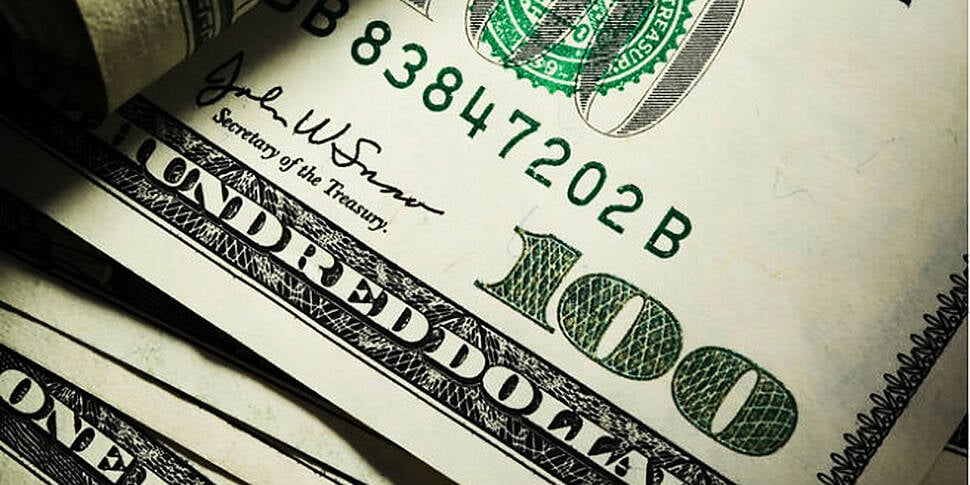There's been 'relief' for markets on both monetary policy and broader political front this morning, as the US Federal Reserve indicated that the pace of further interest rate increases may not be as rapid as the market had feared, and the Dutch electorate seems to have brought a halt to the march of populism in Europe (at least for the time being).
The Fed, the US Central Bank, did raise key rates by 0.25% to 0.75% yesterday evening, only the third such increase since the financial crisis - but this had been well trailed and fully anticipated.

Of much more significance, was the indication by Chairwoman, Janet Yellen, that the Fed expects two further increases this year and not three, as had been feared in some quarters, thus maintaining the competitive advantage investment in shares has over other assets such as bonds.
"We have seen the economy progress over the last several months in exactly the way we anticipated ... We have some confidence in the path the economy is on," Ms Yellen stated.
However, the Fed did also forecast broad US economic growth of 2% through this year and next, roughly half the growth rate anticipated by the new US administration.

Exit polls suggest that Dutch Prime Minister Mark Rutte has won the country's election - holding off a strong challenge from far-right leader Geert Wilders.
Mr Rutte's VVD party is reported to have taken 31 of the 150 parliamentary seats, or 21% of the vote - down from 27% in the 2012 election.
Mr Wilders' PVV is believed to have won 19 seats (13%). This puts him equal second with two other parties - the Christian Democratic Appeal and the Democracy party D66.
His party wanted to pull the Netherlands out of the EU and euro.









